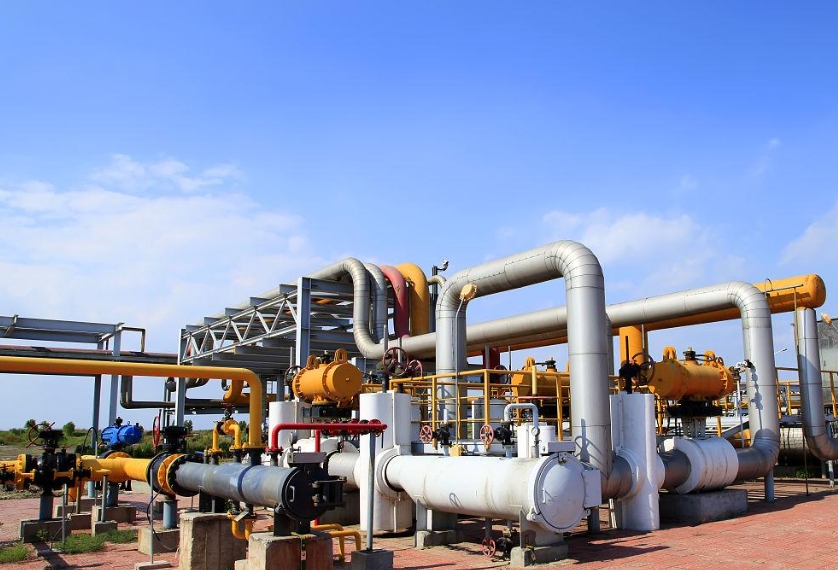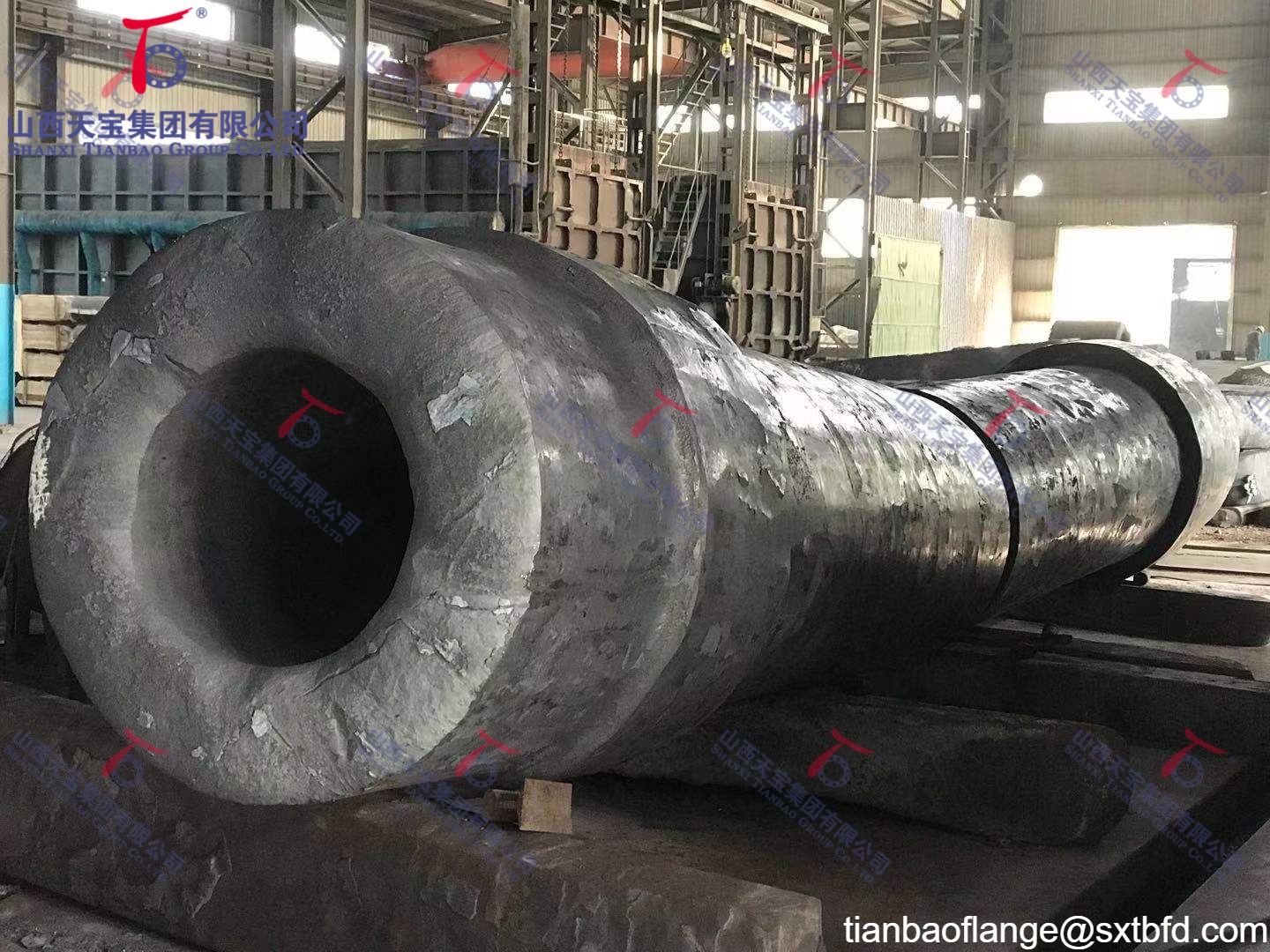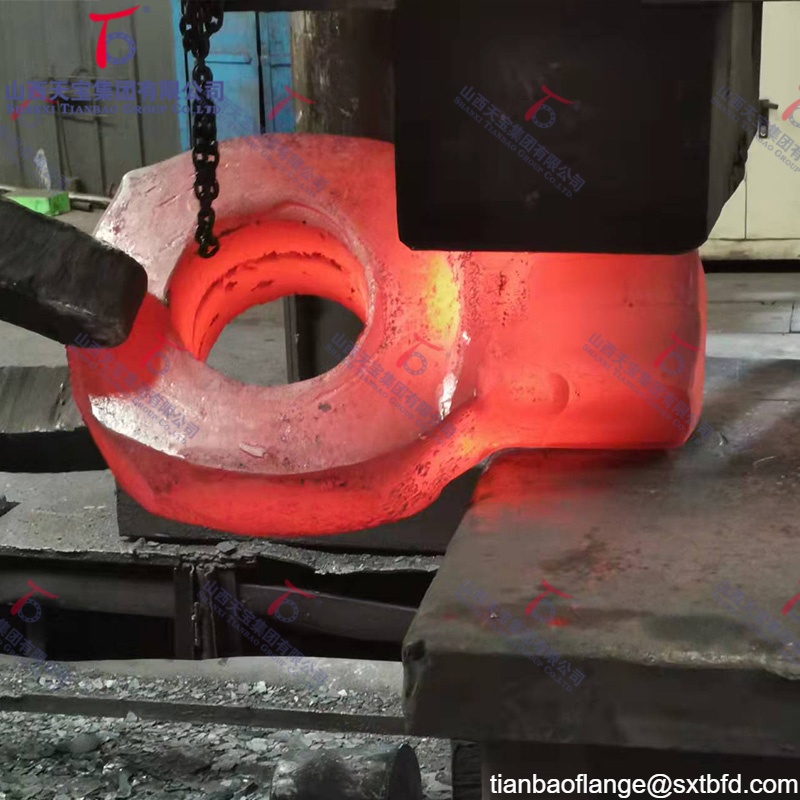
Wedoany.com Report-Jan 22, European natural gas jumped after Germany signaled it may subsidize the refilling of storage sites, spurring spot demand for the fuel and further driving a seasonal price spread.
The plan, still under discussion, suggests Germany is willing to pay to ensure that gas storage is refilled during the summer for the next winter even when market pricing doesn’t encourage that.
Traders have been watching dwindling inventories across Europe, concerned over refills in summer for the following heating season. A gap between prices this summer and the following winter currently discourages storage injections.
The summer-winter spread surged above €3 a megawatt-hour for the first time since since Jan. 7 on Tuesday as traders interpreted the plan as a signal not to hedge and buy spot gas instead, since the storage injections would be carried out regardless. Germany has the largest gas storage capacity in the European Union.
Benchmark futures settled 4.5% higher at €50.03 a megawatt-hour, the highest since Jan. 2.
While Europe has managed to diversify its supplies since the energy crisis three years ago, this heating season has served as a reminder of the region’s vulnerability, especially given its growing reliance on volatile LNG flows. Cold weather — after two relatively mild winters — has led to faster-than-normal depletion of gas inventories and prices remain elevated, prolonging pain for consumers.
Under Germany’s plan, a subsidy would be granted on days when an injection is carried out and the price is below the offer for the “strategic filling” of storage, Germany’s natural-gas market manager Trading Hub Europe said in a paper published Tuesday. The subsidy is being discussed with the German economy ministry and the energy network regulator.
Read: EU Burns Through Gas Stocks With Some Nations to Miss Targets
Meanwhile, a cold blast is endangering energy output in the US South. Flows to the country’s liquefied natural gas plants — Europe’s key providers of the super-chilled fuel — are already down nearly 6% from a week earlier, according to grid data compiled by BloombergNEF.
Power supply to the Freeport LNG export facility in Texas dropped early Tuesday, indicating that all three production units could be offline, data show. The exact reason is currently unclear.
Europe’s LNG demand is expected to increase more than 15% in 2025 after declining last year, and the global gas-market balance is set to remain fragile, the International Energy Agency said in a report Tuesday. That means prices may stay higher for longer to attract more fuel cargoes, unless energy demand in other regions drops.
There are concerns in broader commodities markets about demand and growth after tariff threats from US President Donald Trump. He signaled plans to impose previously threatened levies on Mexico and Canada and reiterated a call for the European Union to buy more American oil and gas to avoid tariffs.
Germany already warned Europe against becoming overly reliant on US energy, with Economy Minister Robert Habeck urging the region to stick together in response to the new Trump administration. At the same time, buyers in Asia are looking to appease the US president with higher fossil fuel purchases. That also adds to market uncertainty.
Trump also ended a moratorium on new US export licenses. Higher flows from the country could help global gas and electricity prices, which would also improve the situation in Europe, Uniper SE Chief Executive Officer Michael Lewis said Tuesday.
Still, any impact on the market is likely to come later this decade when new projects start.
“President Trump’s aim to unlock higher oil and gas production in the US won’t change the outlook for LNG in the near term,” said Bloomberg Intelligence analyst Patricio Alvarez. “The global LNG supply pool won’t widen until late this year, suggesting competition for spare cargoes with Asia may keep upward pressure on European prices as the bloc seeks to replenish a larger storage gap this summer.”
Over the next four years to 2028, growth of 40% in global LNG supply should see Europe resolve much of its problems left from the crisis, “with gas prices likely to halve,” Citigroup Inc. said in a note.

















